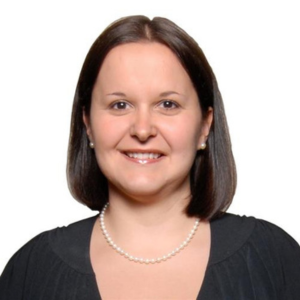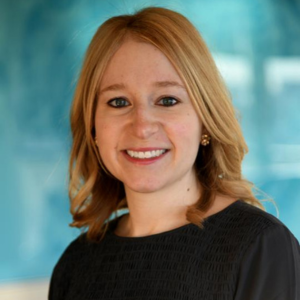This summer marks the third graduating class of the Personalized and Genomic Medicine Graduate Certificate Program at the University of Colorado Anschutz Medical Campus and the largest yet with 19 students, nearly double the two previous classes.
“Many of the students we have in the program are very accomplished, and they know exactly how they’re going to apply what they’ve learned here in their own work. However, we also have learners who use this program to launch their careers or prepare them for advanced degrees,” says Ivana Yang, PhD, co-director of the program and professor of biomedical informatics.
The online certificate program, which is run by the Colorado Center for Personalized Medicine, leverages faculty expertise from the CU School of Medicine's Department of Biomedical Informatics and the Skaggs School of Pharmacy and Pharmaceutical Sciences. The program is designed to give current and future health professionals and researchers a foundation in the emerging field of personalized medicine. Through two semesters and 12 credit hours, students focus on genomics, genetic disease, and treatment responses based on various types of data.
Applying new skills to existing passions
Some students in the program give final presentations at the end of the second semester on a topic of their choosing. This year, their interests stretched from the possibility of using polygenic risk scores for strokes to the promise of vocal biomarkers – a testament to the diversity the program attracts.
“Personalized medicine is at the forefront of a lot of people’s minds, and we’re seeing our students apply that in so many new ways,” Yang says. “They understand how helpful this knowledge can be, and the program is built so that they can start implementing those skills right away.”
The variety of topics that students are passionate about also showcases how relevant genomics is to nearly every aspect of medicine and human health.
“Our goal is to make this program as synergistic as possible with what students are already doing in their careers,” Yang says. “The new skills that they acquire are extremely applicable and easily utilized in the clinic or the lab.”
Students of the program represent diverse backgrounds in demographics, location, experience, and professions, which allows the knowledge gained to be shared and applied in new and innovative ways.
Future breakthroughs in care
Ultimately, patients may see noteworthy benefits from the certificate program as well.
“Clinicians who receive this training can personalize their care to individual patients in a way that many have not been trained to do,” says Elizabeth Kudron, MD, MPH, FAAP, assistant professor of biomedical informatics and co-director of the program.
With this training, physicians may be able to order and interpret genetic tests, which can be especially helpful in environments where access to a genetics specialist is limited.
“Additionally, this allows clinicians to tailor treatments and screenings to individual patients,” Kudron continues. “As we learn more about the intersection of genetics and disease on the research side, these skills will continue to prove useful in health care settings. Our hope is that we will see genomics interwoven into the fabric of care.”
The 2024 Personalized and Genomic Medicine Graduate Certificate Program graduates include:
Jeffrey Abando, RN; Christian Ascoli, MD; Oyinlola Babatunde, PhD, MPH, RDN; Irene Cal y Mayor Turnbull, MD; Ailton Coleman, PhD, MPH; Megan Criley; Emily Forbes, DO; Marilyn Foreman, MD, MS; Letitia Graves PhD, RN; Tessa Holmsto; Angelina Lockett, PhD; Saria Lofton, PhD, RN; Rhoda Moise, PhD; Joshua Morgenstern; Tennille Presley, PhD; Carissa Sherman; Jacqueline Stocking, PhD, MBA, MSN; Bryan Wilson, MD; and Daniel Winnica, PhD.



.png)
